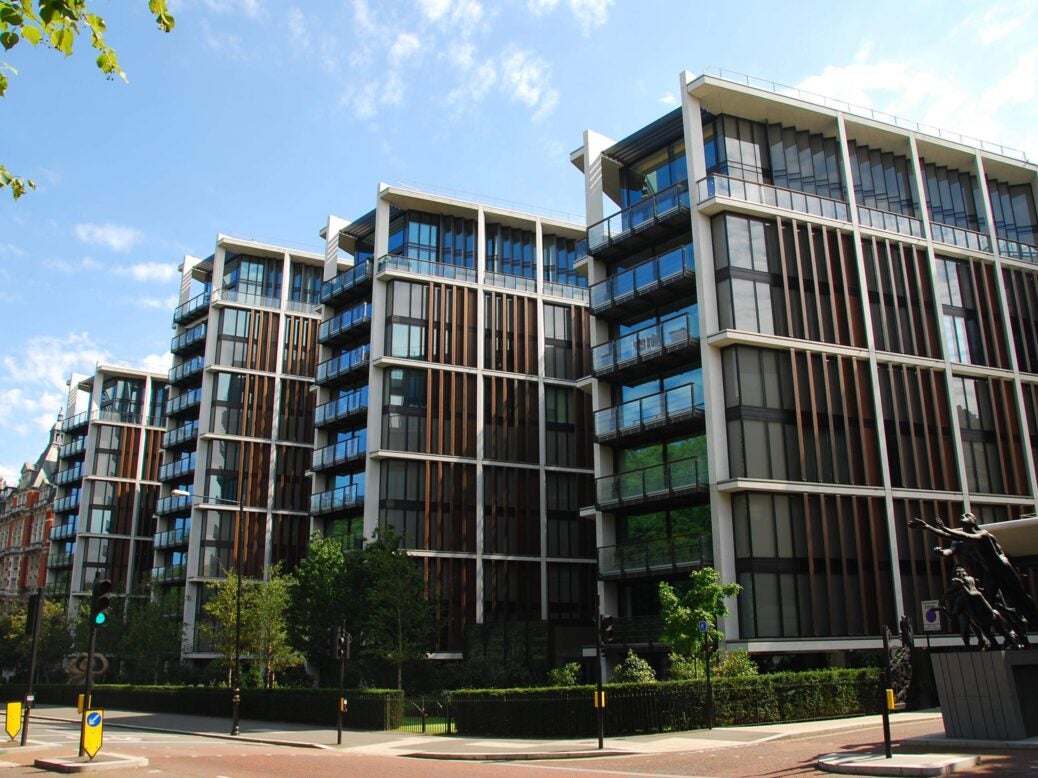
Buyers should be aware that any delay during purchase might have serious tax implications, writes Olivia Minghella
You can barely take a stroll around the streets of London in recent years without seeing (and often hearing) new build developments being constructed on practically every street corner. However, many ‘off-plan’ purchasers are not aware of the potential tax consequences that purchasing a new build property may entail.
Capital gains tax is, broadly speaking, payable in relation to chargeable gains that are made on the disposal of assets. However, there are a number of exemptions where capital gains tax is not chargeable. One such well-known instance is ‘private residence relief’. Where an individual sells his or her ‘main residence’, capital gains tax is not payable on the chargeable gain (if any) realised.
If the property being sold has not been an individual’s main residence for the entire period of their ownership, the gain will be apportioned to the period in which the individual has resided in the property as their main residence, and the relief will be available accordingly. Various other periods may also qualify for the relief, such as if there has been a delay in the individual taking up residence because he or she is undertaking repairs or redecoration (for a period of up to 12 months), or if the individual has been letting out the property as residential accommodation. The relief is also automatically available for the last 18 months of the individual’s period of ownership.
We have already seen the government’s recent attempts to curtail the availability of this very generous relief. For example, the final period exemption by which the relief is automatically available for the final 18 months of the individual’s ownership (provided that the property qualified for the relief at some point) is to be reduced to 9 months from April 2020. There are also plans to reform letting relief, whereby (usually partial) relief is available if the property has been rented out for some of the individual’s period of ownership, such that it will only be available to those in shared occupancy with their tenant.
Now it seems that the tribunal is getting in on the act too. In a recent case, an individual entered into an agreement for lease for an ‘off-plan’ purchase. As is common for new builds, there was a long gap before the completion of the purchase finally took place over three years later. When the purchaser, a Mr Higgins, subsequently sold the property, he claimed principal residence relief for his entire period of ownership. However, the tribunal held that an individual’s period of ownership begins on the date on which the contract for the purchase of the property is entered into – even though at this point, the property had not yet been built. Although the gain was assessed over the full period of Mr Higgins’ ownership, the relief was only available for the period when he had actually occupied the property (i.e. from completion onwards).
For the majority of property purchases, there is likely to be a delay of only a few weeks between exchange and completion and therefore any apportioned gains are likely to be de minimis. However, this case will have a significant impact in relation to the purchase of new-build properties. Purchasers should be aware of the capital gains tax implications of a delay between exchange and completion when deciding to buy off-plan so as not to receive a nasty surprise when it comes time to sell.
Photo credit: Rob Deutscher Follow @Flickr
Olivia Minghella works at boutique private wealth law firm Maurice Turnor Gardner LLP






